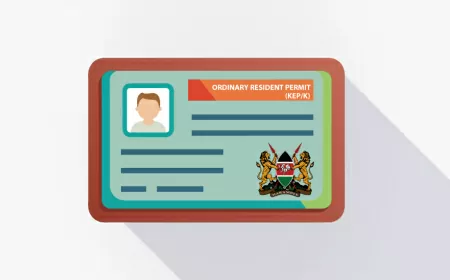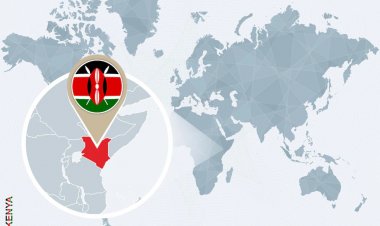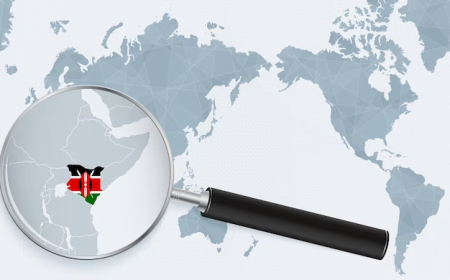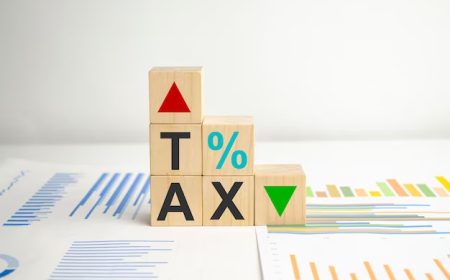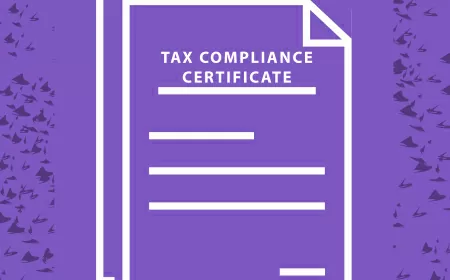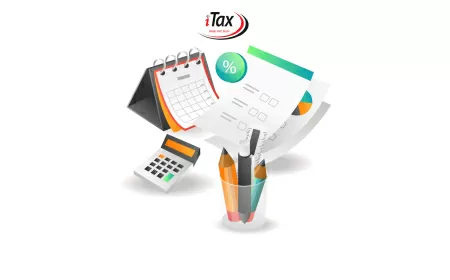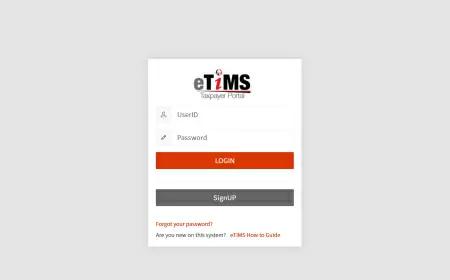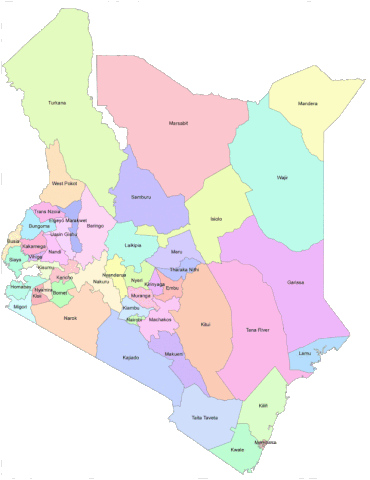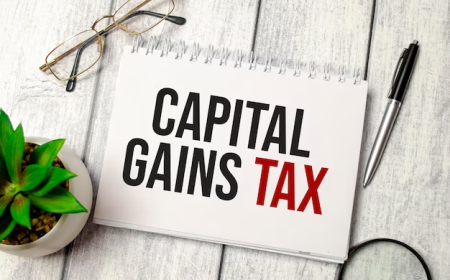Types of Business Taxes in Kenya
Kenya has a wide range of taxes that businesses must pay in order to operate legally, understanding these types of business kenyan taxes is the first step to ensure that you are compliant with the rules and regulations. In this article, we will discuss the different types of Kenyan business taxes to be familiar with.

Introduction: The Importance of Understanding the Kenyan Tax System
Understanding the Kenyan tax system is crucial for individuals and businesses operating in Kenya. Taxes play a significant role in the country's economy, providing the necessary funds for government expenditure on public services and infrastructure development. This introduction will provide an overview of why it is important to have a solid understanding of the Kenyan tax system and its implications for taxpayers.
Kenya has a complex tax system that consists of various types of taxes, including income tax, value-added tax (VAT), excise duty, customs duty, and rental income taxes. Each type of tax has its own rules and regulations that taxpayers must comply with. Failure to understand these rules can result in penalties, offences or legal consequences.
For individuals, understanding the Kenyan tax system helps ensure compliance with the law and prevents any potential issues with the Kenya Revenue Authority (KRA). It enables individuals to accurately calculate their taxable income, claim eligible deductions and credits, and file their taxes on time.
Businesses also benefit from a thorough understanding of the Kenyan tax system. It allows them to accurately determine their tax liabilities, plan their finances effectively, and take advantage of available incentives or exemptions. Moreover, businesses need to comply with various reporting requirements related to taxes such as filing regular returns or maintaining proper records.
Furthermore, knowing how the Kenyan tax system works enables individuals and businesses to make informed financial decisions. They can consider factors such as taxation when evaluating investment opportunities or determining pricing strategies for products or services.
Throughout this section, we will delve deeper into different aspects of the Kenyan tax system to provide readers with valuable insights into this important subject matter.
The Main Types of Taxes in Kenya
Income Tax
Income tax is the most commonly known type of taxation as it applies to all Kenyan businesses regardless of size or nature. Understanding the different components of income tax is essential for businesses to fulfill their tax obligations accurately. This includes knowing about Pay As You Earn (PAYE), Corporation Tax, Withholding Tax (WHT), Advance Tax, Installment Tax, Turnover Tax, Rental Income Tax, Capital gain tax, self-assessment tax returns, tax bands, and rates.
Value Added Tax (VAT)
Value Added Tax (VAT) is a consumption based tax that is levied on the value added to goods and services at each stage of production and distribution. In Kenya, VAT registration is mandatory for businesses whose annual turnover exceeds a certain threshold, currently set at Kshs 5 million. VAT rates in Kenya are set at 16%, with specific rates for certain items such as petroleum products, alcoholic beverages, and tobacco products. Additionally, there are zero-rated supplies which are not subject to VAT but still qualify for input tax recovery, as well as exempt supplies which are not subject to VAT at all. Understanding these aspects of VAT is crucial for businesses operating in Kenya to ensure compliance with the tax regulations and maximize their tax planning strategies.
Excise Duty
Excise duty is a type of tax that is imposed on either excisable goods manufactured in Kenya by a licensed manufacturer, excisable services supplied in Kenya by a licensed person and excisable goods imported into Kenya.
It is a form of indirect tax levied on specific goods and services, with the aim of controlling negative impact associated with consumption of certain products and generating revenue for the government. In Kenya, excise duty is imposed on a wide range of products, including tobacco products, alcoholic beverages, mineral water, petroleum products, financial services and various other goods. The rates of excise duty vary depending on the type of product being taxed.For imported goods, excise duty is collected at the point of importation by the Commissioner of Customs Services.
Customs Duty
Customs duty plays a crucial role in international trade, regulating the movement of goods across borders and ensuring compliance with national regulations. In Kenya, the Kenya Revenue Authority (KRA) is responsible for overseeing the customs clearance process and determining the import duty rates based on various factors such as the type and value of goods imported. Understanding these processes and rates is essential for importers, as it can impact their costs and overall business operations.
If you are an importer in Kenya, understanding the customs clearance process, the rules of international trade by way of Treaties and import duty rates is crucial. The Kenya Revenue Authority (KRA) is responsible for collecting customs duties on imported goods and enforcing regulations related to the importation of goods. The amount of duty you pay will depend on the type and value of goods being imported, as well as any additional fees or taxes that may apply.
Miscellaneous Fees and Levies
Fees and levies play a crucial role in the economy of Kenya, serving various purposes and impacting different sectors. Fees or levies such as Railway Development Levy (RDL), Import Declaration Fee (IDF) among others. Understanding these fees and levies is essential for individuals, businesses, and policymakers alike.
In Kenya, fees are charges imposed by the government or other authorities for specific services or privileges. Levies, on the other hand, are taxes or duties imposed on goods, services, or activities. Both fees and levies contribute to government revenue and help fund public services such as infrastructure development, healthcare, education, and social welfare programs.
In conclusion, each of these taxes has its own set of rules and regulations that businesses must adhere to in order to remain compliant with the law, having a comprehensive understanding of the Kenyan tax system is essential for both individuals and businesses. It ensures compliance with legal obligations while also enabling effective financial planning and decision-making.
Was this information helpful ?






























